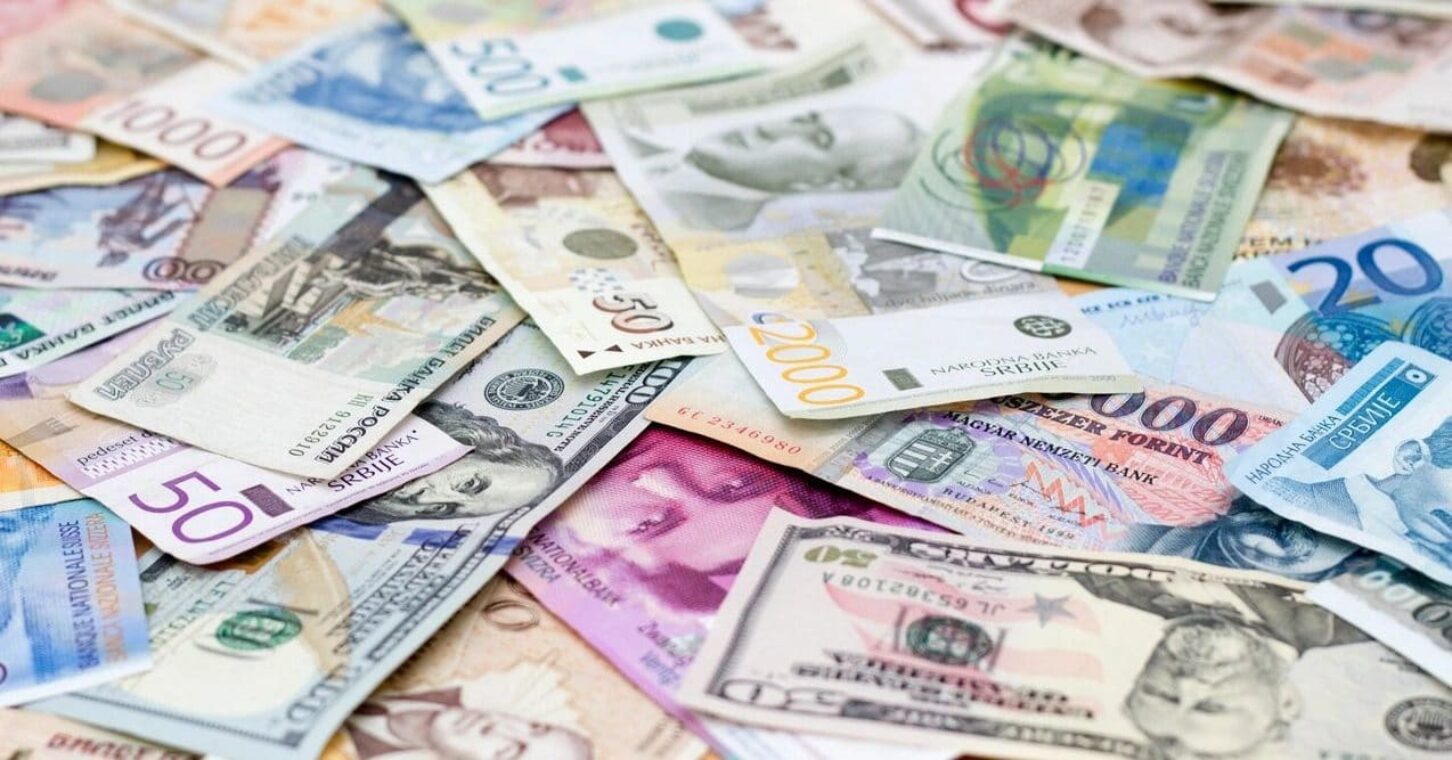
COVID-19’s impact is not yet evident in the 2021 “Economic Freedom of the World” report by Canada’s Fraser Institute published September 14. The 2021 rankings are based on 2019 data, the most comprehensive available. Given the global impact of the pandemic that began in early 2020, however, the report is unlikely to be as optimistic in 2022.
The Fraser Institute, a public policy research organization, has published the annual report since 1996. According to its analysis, on average, economic freedom improved between 2000 and 2019. The 2021 report ranks 165 countries and territories (up from 162 last year) in five areas: the size of government, legal structure and property rights, access to sound money, freedom to trade internationally, and regulation of credit, labor and business.
“The cornerstones of economic freedom are personal choice, voluntary exchange, open markets, and clearly defined and enforced property rights,” the authors write. “When economic freedom is present, the choices of individuals will decide what and how goods and services are produced.”
Even more promising, the average income of the poorest 10% in the most economically free nations is more than twice the average per-capita income in the least free nations, they add.
A caveat with this year’s report is that the pandemic also delayed agencies’ full updates of data. The ongoing malaise means next year’s may be more of the same. What is reported, however, will reflect the deaths and illness as well as the impact of government responses: nearly two years of restrictions including national and community lockdowns and quarantines, and many business shutdowns.
This year, Hong Kong leads the pack. That rank may not repeat in 2022, as the impact is felt of COVID-19 and Beijing’s growing intervention during ongoing Hong Kong protests that began in mid-2019. China ranks 116th out of 165, an ominous sign.
As for the rest of the top 10: Singapore is No. 2 once again. The United States is sixth again, behind New Zealand, Switzerland and Georgia (the country) and ahead of Ireland, Lithuania, Australia and Denmark. Canada ranks 14th, dropping out of the top 10. For comparison: In 2010, Canada was No. 5; five years later, it was eighth.
The United States, No. 3 in 2000, has hovered around No. 6 since 2010. How does it rank in each of the five areas measured? For the size of government, the country is 52nd out of 165. For its legal system and property rights, it ranks 19th. For access to sound money, the country is 15th. For freedom to trade internationally, the country is 64th. For regulation, it ranked sixth. Among the three categories of regulation, its most outstanding score is in labor market regulations, where it was No. 2 of 165. It was 24th on business market regulations and 66th on credit market regulations.
The importance of the freedom to work was highlighted recently at a more local level in a study by the Beacon Center of Tennessee. Comparing the responses of Kentucky, Michigan, Tennessee and Georgia to the pandemic, the study found the lighter regulatory touch and quicker reopening plans of Georgia and Tennessee led to “fewer job losses, lower unemployment rates and in particular, higher labor force participation.” And Georgia fared significantly better than the other states measured, the center reported.
On a global scale, pandemic panic and economic restrictions placed by governments had a domino effect on even businesses that were not directly regulated. As one example, a shortage of microchips for vehicles affected automobile manufacturers, auto rentals and dealerships.
The lowest-ranking countries are case studies in how restricting economic freedom harms lives, longevity and livelihoods. At the bottom of the heap this year is Venezuela. At No. 16 in 1980, a lack of economic diversification and a transition to big-government socialism sent it spiraling downward.
Sadly, for many more nations, the outsized overreach of their government’s pandemic response means the gains reported this year will diminish in next year’s report. Worse, the loss of economic freedom will linger much longer.